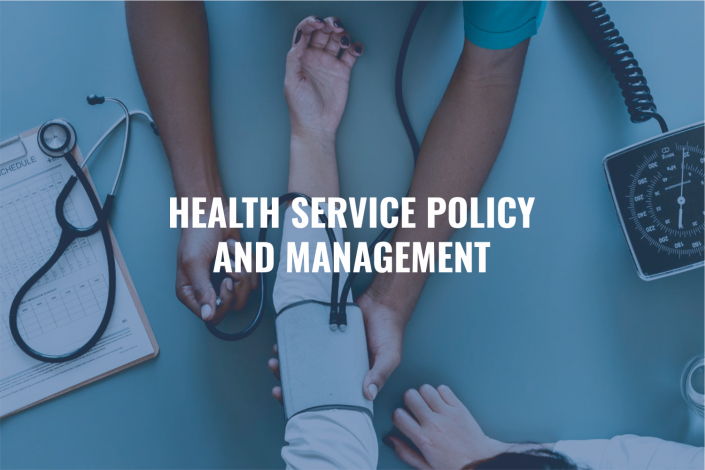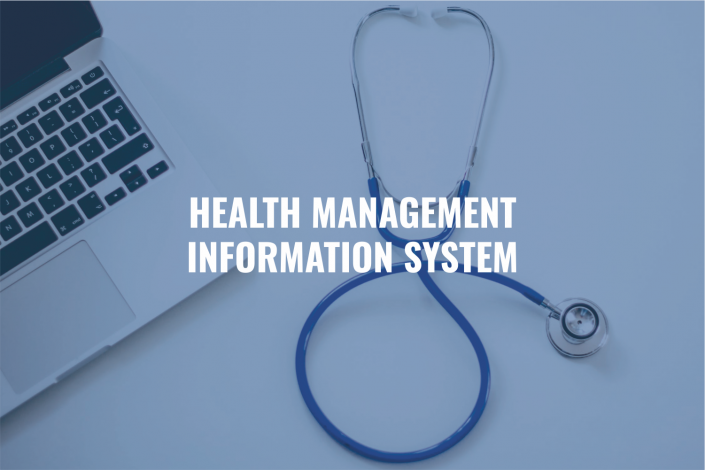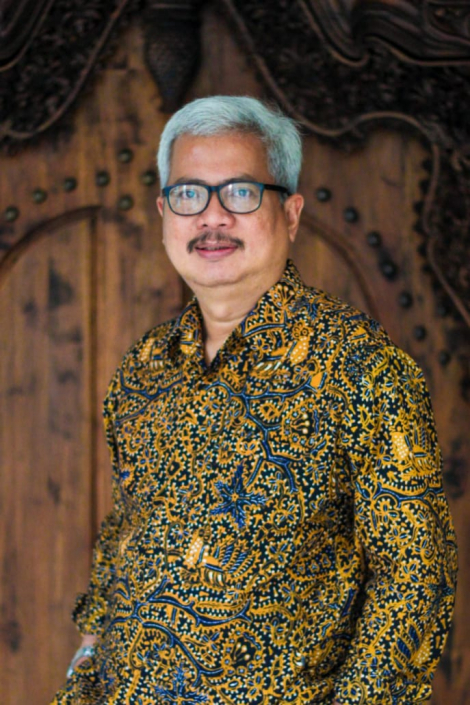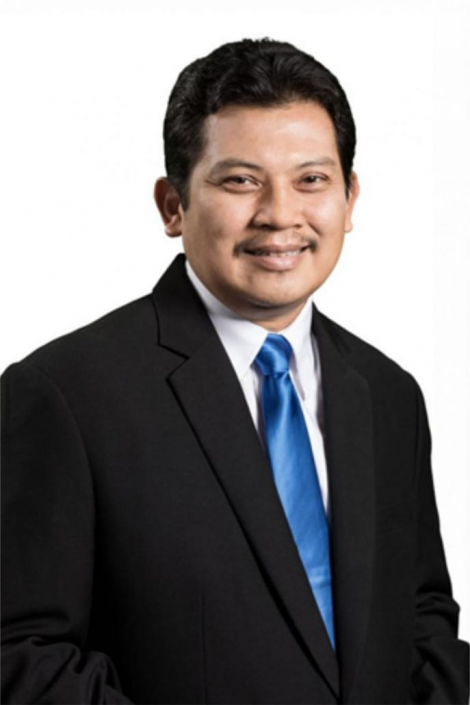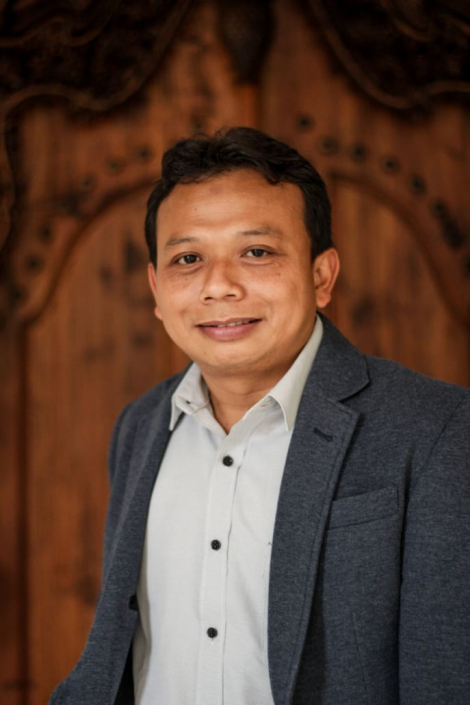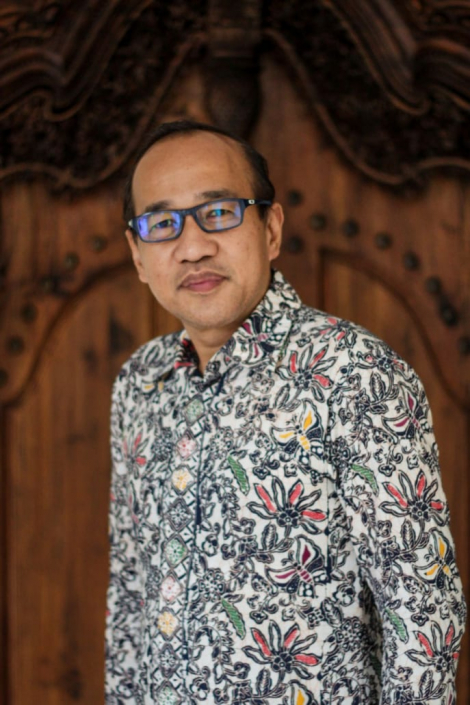Advance Your Professional Public Health Career
Health Policy and Management Program is the best choice to upgrade your professional career in the health care policy and management. We research the best solutions to reform health care systems, service excellence, and the best ways to manage people’s need in the public health field. We aspire to be the world-class postgraduate department in the health service field, covering specializations such as: Hospital Management, Health Policy and Management, Health Information System, and Health Insurance Studies.


